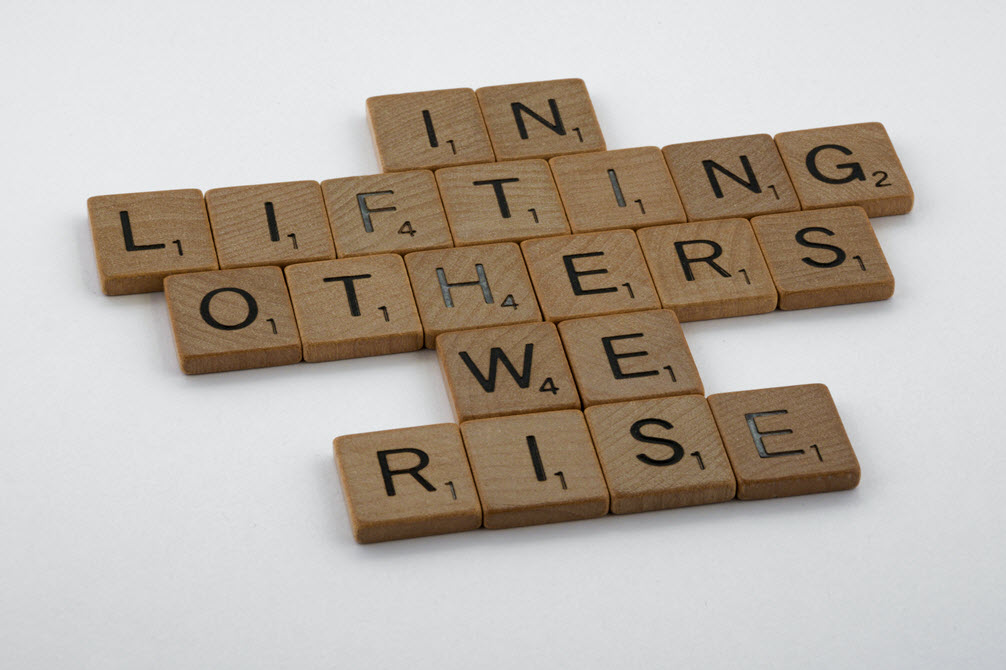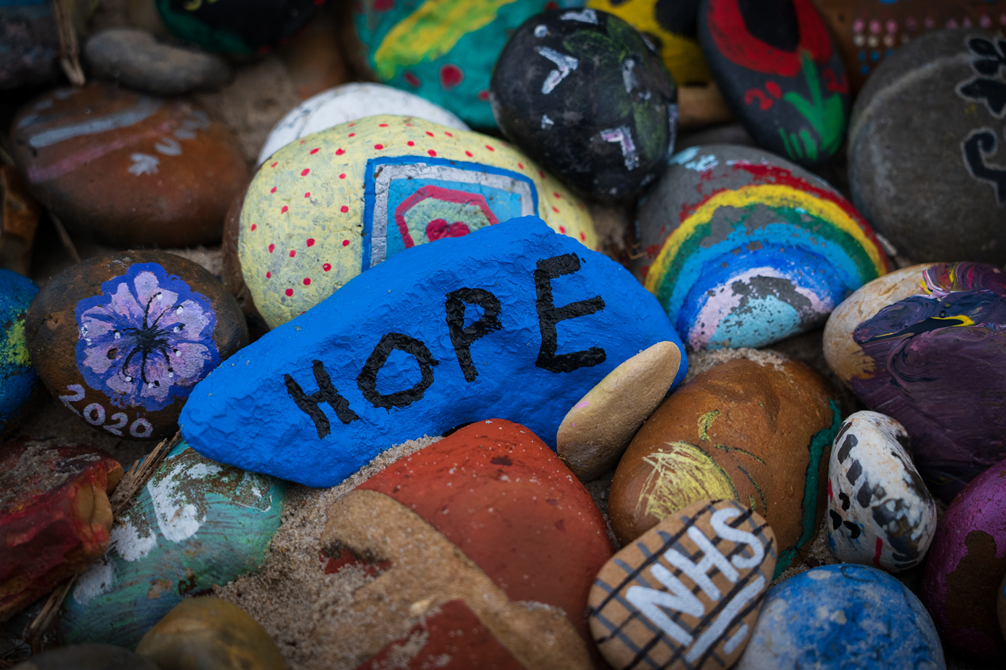Developing a Compassionate Perspective
Judging people comes naturally. We have our own inherent biases and beliefs, and we tend to think we are right. If we see someone doing something that we believe they could be doing better, we can be critical and even unkind. We make comparisons between other people and ourselves. We unconsciously assess others all the time, thinking about ways that we are better or worse than them. We not only judge others, but we tend to be harsh critics of ourselves.
One of the greatest gifts of being a coach is the opportunity to get close to the real story about what’s going on in a person’s life. How they came to be who they are, how they came to think the way they do and how they truly desire doing their best. I was listening to a lecture by Dr. Ron Seigel (Harvard Medical School, Assistant Professor of Psychology) recently, where he said “Almost anything can be felt, experienced or interpreted very differently by a different person based on their different life experiences.” I find this to be true. We are wired differently from as early as our experiences in utero to everything that shapes us from there onward.
Why is this important as a leader? If you can’t put yourself in others’ shoes and help them feel understood, you’re at risk for turnover, lower performance, lack of commitment and burnout. Beyond that, consider your own leadership legacy. If you want to help people develop, excel and learn from you as a leader, real compassion for others is crucial for building trusted relationships. People confide in people they trust. They reach out for help from people they trust. You might check in with yourself to see how much trust you have in others as a barometer for their likely trust in you, as it is a two-way street.
How can you develop compassion? Here are six things that can be helpful to remember:
- Find similarities and look for strengths. Instead of seeing the other person as different from you and not as motivated, capable or committed, get to know them. Find commonalities with them and be curious about their talents, values and experiences. If you don’t know what these things are, accept that you have work to do in the relationship.
- Assume they are trying their best. Maybe how they are showing up is not their ultimate best capability, but it’s the best they have available given all the stressors in their lives. We’re all impacted by the amount of sleep we had last night, the conflicts we are struggling with and the degree of psychological safety we feel. How might you help?
- Show up with kindness. Instead of judging, consider what’s the kindest thing you could do in the situation. Ask yourself, do people only deserve kindness when they are doing everything right, or behaving as you wish they would?
- Consider what you would need in their circumstances. We have all disappointed others, and usually it’s not because that’s our intention. How would you wish to be treated? What would actually help you? How would you feel if you were not understood?
- Listen, acknowledge and validate. There is so much value in just being present for someone else without judging them. Being fully present and listening not to evaluate, reprimand or correct someone but rather, with compassion, makes all the difference.
- Challenge yourself to look for and believe in their potential. People perform significantly better for people who believe in them. What would change if you showed up with the expectation that your team member that is struggling will succeed in time? How might that affect the way you show up and the quality of the relationship?
Our energy doesn’t lie. Whatever you are truly feeling will likely be felt by others. If you find yourself feeling judgmental, refer to this list and find a starting point to challenge your biases and beliefs. It’s not about being able to show a poker face, it’s about real connection, with compassion.






Leave A Comment